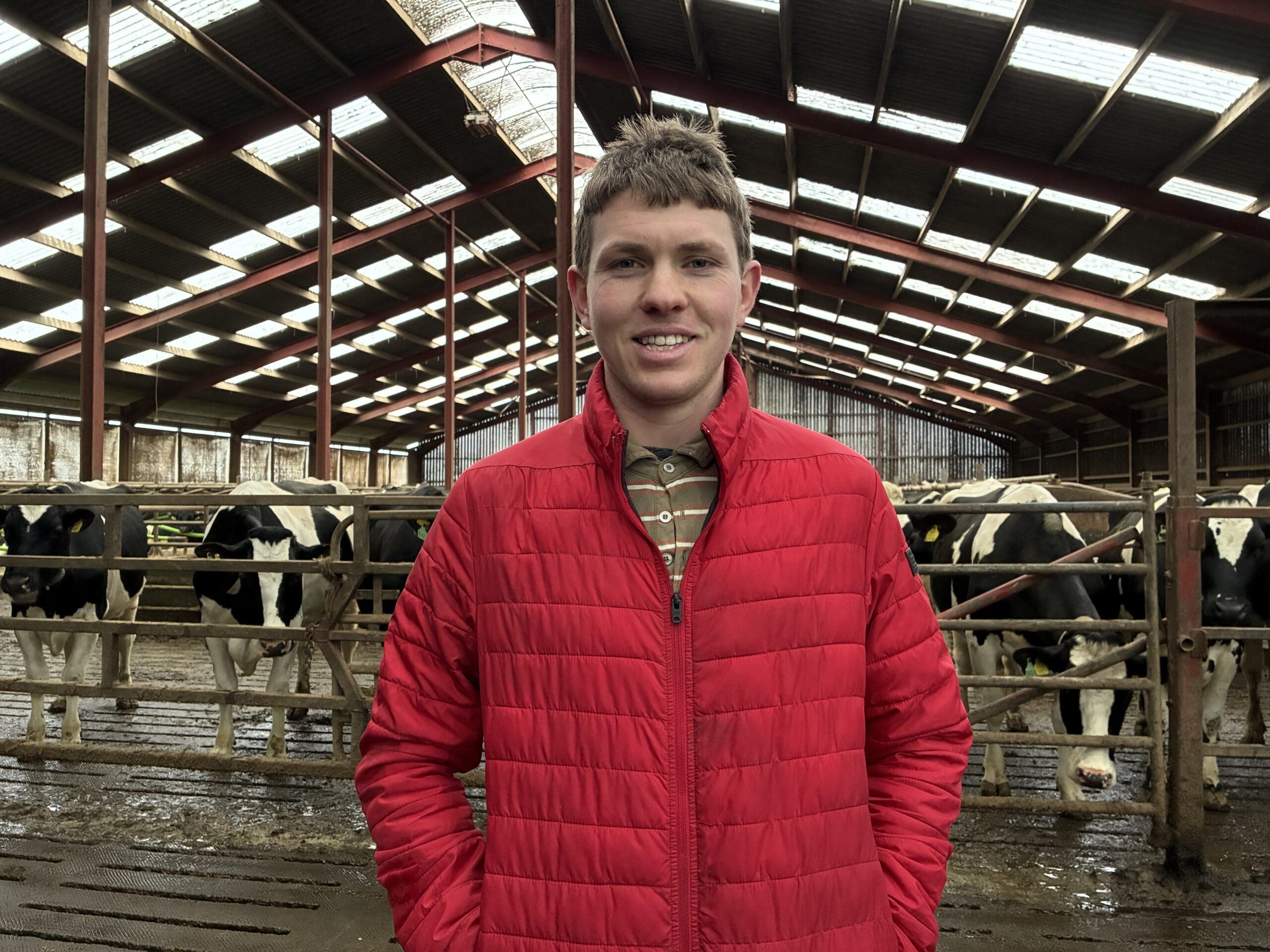
EU-UK re-set
European Commission President, Ursula von der Leyen, President of the European Council, António Costa and Prime Minister of the United Kingdom, Keir Starmer, met in London for the inaugural EU-UK summit. In addition to a new defence and security pact, cooperation on energy and planned actions on a youth experience scheme and touring artists, the EU and the UK will also work towards establishing a Common Sanitary and Phytosanitary Area by way of an EU-UK Sanitary and Phytosanitary Agreement (SPS agreement).
This would dynamically align Great Britain to applicable EU rules on sanitary, phytosanitary, food safety and general consumer protection rules applicable to the production, distribution and consumption of agrifood products, the regulation of live animals and pesticides, the rules on organics as well as marketing standards applicable to certain sectors or products. The agreement could include a short list of limited exceptions to dynamic alignment.
To ensure that it can put forward its view, the United Kingdom should be involved at an early stage in EU policy development, and the European Commission should consult the UK Government at an early stage of policy making. The United Kingdom should have appropriate access to relevant European Union agencies, systems and databases in the areas covered by the SPS Agreement. Read more here.
CAP Simplification package
On Wednesday 14 May, the European Commission presented its third simplification package – this time focused on the Common Agricultural Policy (CAP) — aimed at reducing administrative burdens, easing controls, and proposing crisis response mechanisms within the framework of the 2023–2027 CAP. The proposed changes include simplified payment scheme for small farmers, simplified environmental requirements and controls, strengthened crisis management and simpler procedures for national administrations and enhanced competitiveness and digitalisation. Copa Cogeca have welcomed the proposal, outlining that it is a ‘necessary step’. The legislative proposal will now be submitted to the European Parliament and the Council for adoption.
Ukraine
The European Parliament’s Committee on International Trade and Agriculture and Rural Development held discussions on the future trade relationship with Ukraine in the view of the imminent expiry of current Autonomous Trade Measures (ATMs). The Commission is set to propose transitional measures through an implementing act to ensure trade can continue to flow through to the end of the year and until the DCFTA art 29 negotiations have been concluded. These measures outline the quantities for concerned product category at the level of 7/12 of the 2016DCFTA levels. These might be in place only one or two months as the Commission is confident that the negotiations will not take long to conclude.
EU agri-food trade kicked off 2025 with growth in exports and imports
EU exports reached €19 billion in January 2025, +1.5% on the previous month and +4% than in January 2024. EU exports to the US and Switzerland increased, while exports to China decreased. The value of exports of cocoa products and coffee increased due to increases in prices, while the value of exports of cereals decreased. EU imports were +7% compared to the previous month and reached €16 billion, 19% higher than in January 2024. This is explained by high import prices. The EU agri-food trade surplus reached €3 billion in January 2025. This is a reduction of 20% compared to the previous month and a 38% reduction compared to January 2024. Full report here.




